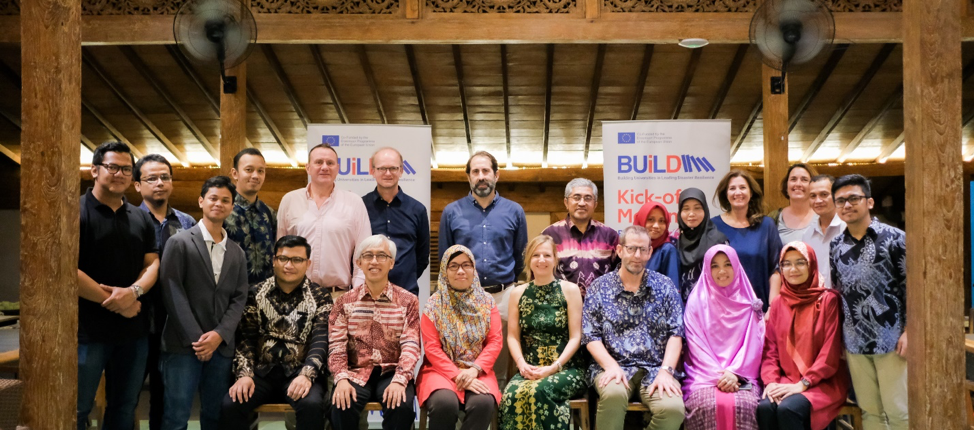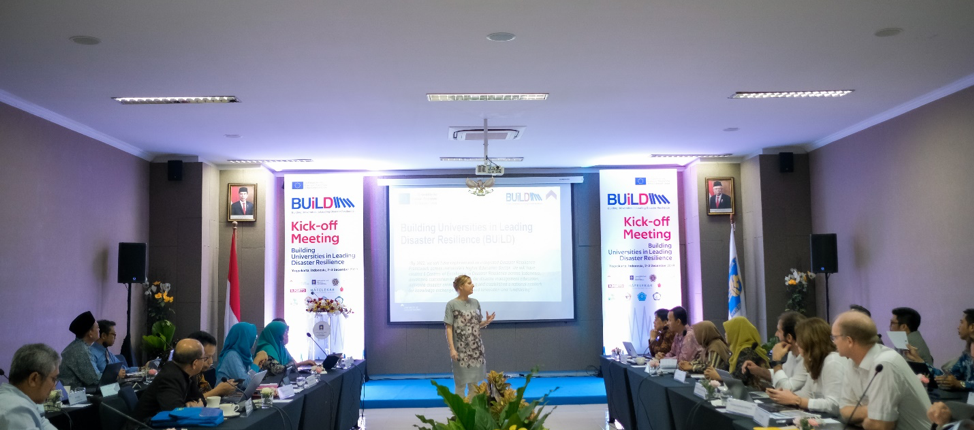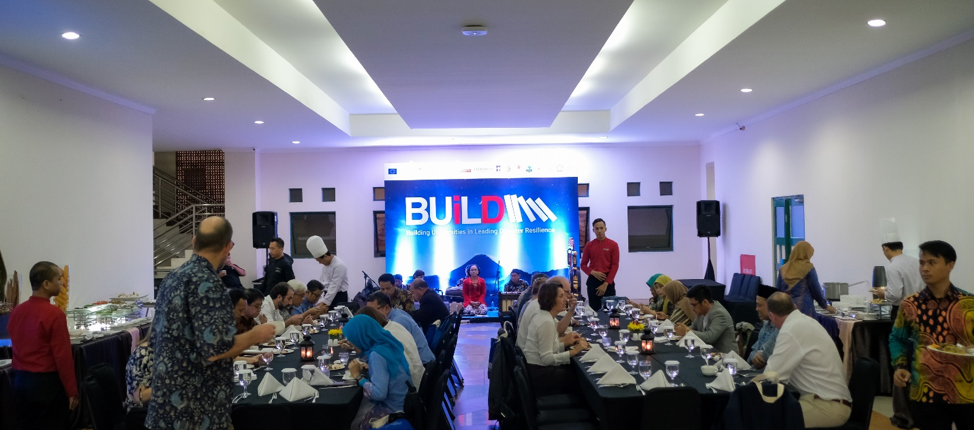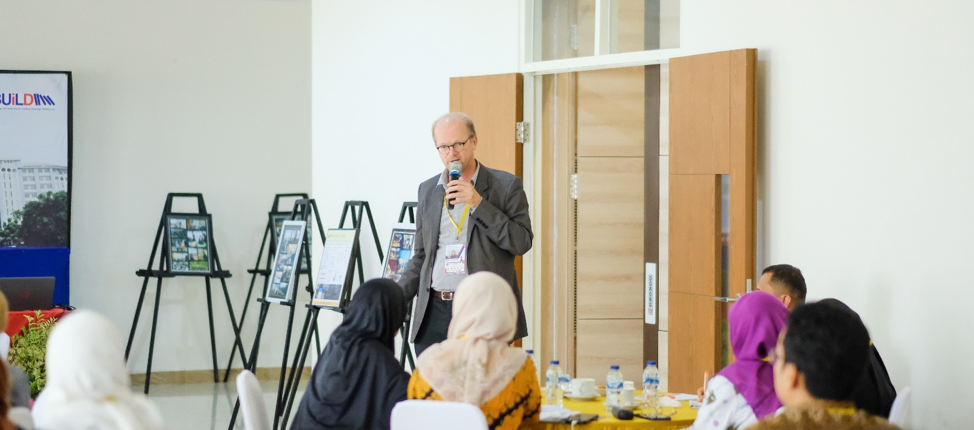Semua Artikel
Hubungi Kami
Direktorat Pembinaan & Pengembangan Kewirausahaan/Simpul Tumbuh
Gedung Growth Hub (Bookstore) Lt.3
Kampus Terpadu UII
Boulevard UII, Jalan Kaliurang km. 14,5 Sleman - DIY : 55584
Telp: +62 274 898444 Ext 1064
Email: simpultumbuh[at]uii.ac.id

Informasi Penting
Terbaru
 Asdep Inkubasi dan Digitalisasi Wirausaha Kementerian UMKM dan Inkubator IBISMA UII Mendukung Inkubator UMKM Makassar menjadi Entrepreneur Hub se-Indonesia TimurSeptember 2, 2025 - 3:16 am
Asdep Inkubasi dan Digitalisasi Wirausaha Kementerian UMKM dan Inkubator IBISMA UII Mendukung Inkubator UMKM Makassar menjadi Entrepreneur Hub se-Indonesia TimurSeptember 2, 2025 - 3:16 am KemenUMKM RI Buka Seleksi Nasional “Startup Acceleration Program 2025”: Lintas-Sektor, Siap Investasi, Terhubung Industri, dan BerdampakSeptember 1, 2025 - 6:33 am
KemenUMKM RI Buka Seleksi Nasional “Startup Acceleration Program 2025”: Lintas-Sektor, Siap Investasi, Terhubung Industri, dan BerdampakSeptember 1, 2025 - 6:33 am Universitas Islam Indonesia dan Asosiasi Inkubator Bisnis Indonesia Dukung Penuh Rangkaian “Startup Acceleration Program 2025” Kementerian UMKM RISeptember 1, 2025 - 6:23 am
Universitas Islam Indonesia dan Asosiasi Inkubator Bisnis Indonesia Dukung Penuh Rangkaian “Startup Acceleration Program 2025” Kementerian UMKM RISeptember 1, 2025 - 6:23 am ANGEL INNOVATION HACKATHON 2024, The Inaugural Event of the PEIAB ANGEL UII Flagship ProgramDecember 6, 2024 - 6:23 am
ANGEL INNOVATION HACKATHON 2024, The Inaugural Event of the PEIAB ANGEL UII Flagship ProgramDecember 6, 2024 - 6:23 am ANGEL INNOVATION HACKATHON 2024, Gelaran Perdana Program Unggulan PEIAB ANGEL UIIDecember 6, 2024 - 3:35 am
ANGEL INNOVATION HACKATHON 2024, Gelaran Perdana Program Unggulan PEIAB ANGEL UIIDecember 6, 2024 - 3:35 am





The Behavioural Rules of People During Disaster Emergency Evacuation: A Case Study of Mount Merapi Eruption in Indonesia
Dwi Handayani, Berta Maya Sopha, Budi Hartono, M K Herliansyah
Perencanaan yang baik merupakan faktor penting dalam keberhasilan evakuasi, khususnya pada evakuasi bencana erupsi Gunung Merapi. Evakuasi yang terencana dengan baik dapat menyelamatkan ribuan nyawa, harta benda dan infrastruktur sosial. Hal ini sejalan dengan tujuan dari Humanitarian Logisics yaitu merancang dan mengendalikan sistem yang efektif dan efisien guna meringankan penderitaan korban bencana.
Permasalahan yang ada saat ini yaitu kebijakan penentuan jalur evakuasi pada saat erupsi Gunung Merapi belum dilaksanakan secara sistematis dan kuantitatif, sehingga kebijakan penentuan jalur evakuasi dinilai belum efektif dan efisien. Perencanaan kuantitatif dinilai lebih baik karena lebih terukur yang melibatkan analisis mendalam berdasarkan berbagai skenario yang diperoleh dari simulasi komputer.
Metode yang digunakan dalam penelitian ini adalah dengan menganalisis pustaka dari penelitian-penelitian yang pernah dilakukan. Hasil kajian pustaka menghasilkan diagram alir perilaku yang terdiri dari lima jenis perilaku masyarakat Gunung Merapi saat menghadapi evakuasi bencana. Diagram alir perilaku tersebut merupakan model konsep sebagai dasar untuk merancang model Agent-Based Modeling (ABM), yaitu pemodelan berbasis komputer, dimana model tersebut diharapkan mampu menerapkan interaksi dari sistem adaptif yang kompleks yang menitikberatkan pada pendekatan bottom-up.
Sumber:
https://medwelljournals.com/abstract/?doi=jeasci.2017.5443.5451
https://m.bernas.id/66957-sistem-evakuasi-bencana-merapi-tekan-korban-jiwa.html
http://radioedukasi.kemdikbud.go.id/read/1870/edukasi-pemahaman-jalur-evakuasi-merapi-masih-perlu-dilakukan.html
https://news.harianjogja.com/read/2019/01/29/500/968481/merapi-luncurkan-lava-pijar-ke-hulu-kali-gendol-boyolali-hujan-abu-
Sneak Preview of the Building Universities in Disaster Resilience (BUiLD) Project at the Erasmus+ Cluster Meeting in Jakarta
Colleagues from Universitas Ahmad Dahlan, Universitas Islam Indonesia (both Yogyakarta) and President University (Cikarang) attended the Erasmus+ Cluster meeting on the 27th November in Jakarta and gave a sneak preview of the BUiLD project just a few days before the official Kick-off meeting.
The project is aimed at delivering a comprehensive Disaster Resilience Framework across Indonesia’s higher education sector. This involves the creation of 8 Centres of Excellence in Disaster Resilience across Indonesia, the development of curriculum benchmarks for disaster management education, the delivery of disaster awareness training using virtual reality and the establishment of a national network for knowledge exchange, research and innovation and fundraising.
Aligned with the aims of the Erasmus+ Capacity Building in Higher Education programme, the project will thus lead to the modernisation of university governance across Indonesia, improve the management and functioning of universities in crisis situations, and strengthen their external relationships.
Led by the University of Gloucestershire (United Kingdom), the BUiLD project brings together eight universities from across Indonesia. In addition to UAD, UII and President University (all Java), these include Universitas Andalas (West Sumatera), Universitas Lambung Mangkurat (Kalimantan), Universitas Muhammadiyah Palu (Sulawesi), Universitas Khairun (North Maluku) and Universitas Surabaya (Java). The European partners are University College Copenhagen (Denmark), Institute Polytechnic Porto (Portugal) and Hafelakar (Austria).
Sumber: http://disasterresilience.eu/sneak-preview-of-the-building-universities-in-disaster-resilience-build-project-at-the-erasmus-cluster-meeting-in-jakarta
Role of Public Buildings as Logistics Centre in Relief Operation at Merapi’s 2010 Eruption
Juhri Iwan Agriawan dan Arif Wismadi
Yogyakarta’s Merapi volcano eruption in 2010 is one of the major disasters in Indonesia, which resulted in 277 deaths, and affected almost 380,000 people during the emergency phase. For some time, the victims must deal with the low level of life quality in the temporary shelter with limited livelihood support. The complexity of donations flowing from the international level to the local community calls for a better logistics system, especially the logistics centre for the last mile distribution. This article describes the role of public buildings as logistics centre during the volcano eruption. Some challenges are discussed for further research.
Sumber:
https://books.google.co.id/books?id=LzLJmpboy94C&pg=PA99&lpg=PA99&dq=%22arif+wismadi%22+disaster&source=bl&ots=lhj0CVYdSd&sig=ACfU3U0JIfMQpQs-uAO8GeScztT4VWCgTg&hl=en&sa=X&ved=2ahUKEwimhNm6irnwAhWRumMGHe4WDYAQ6AEwEXoECA8QAw#v=onepage&q=%22arif%20wismadi%22%20disaster&f=false